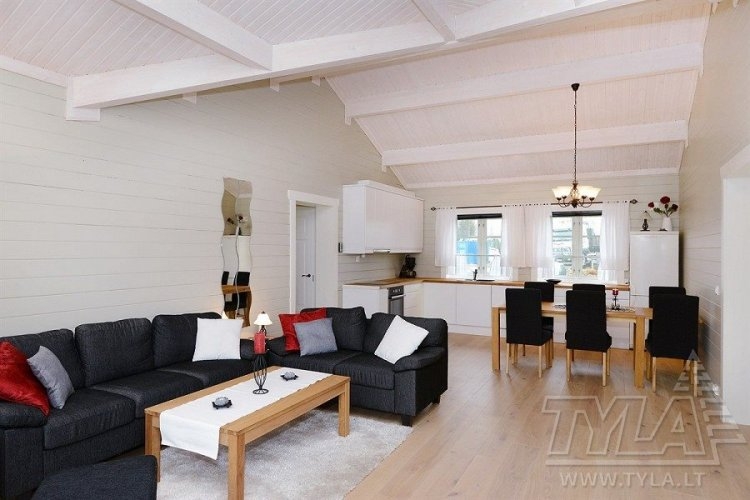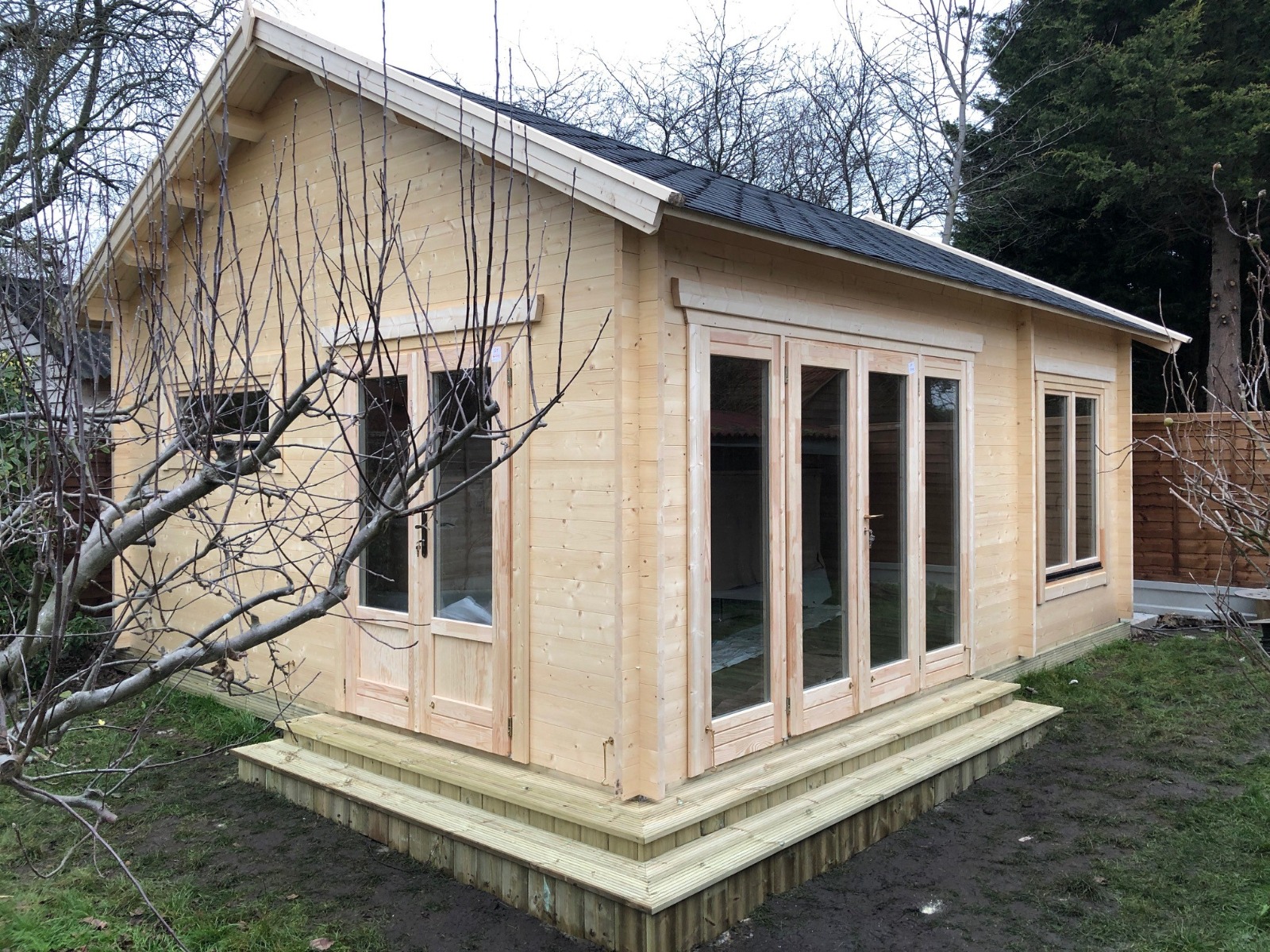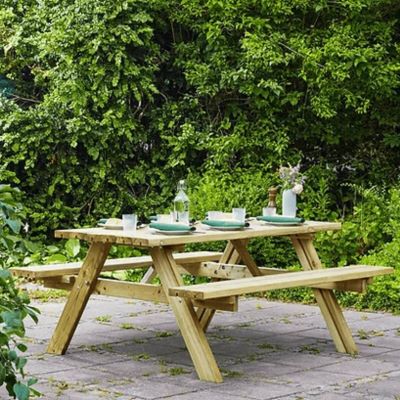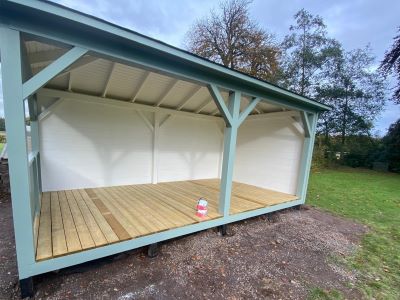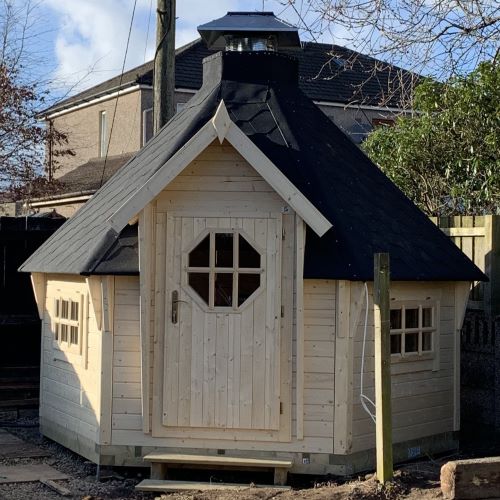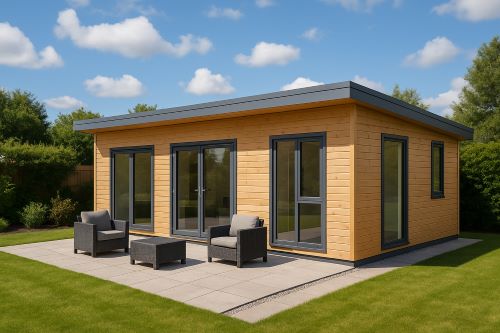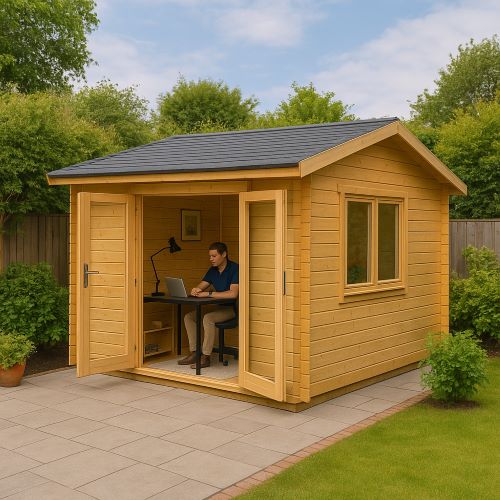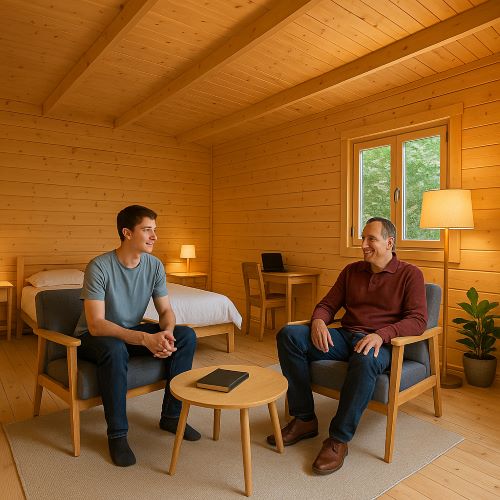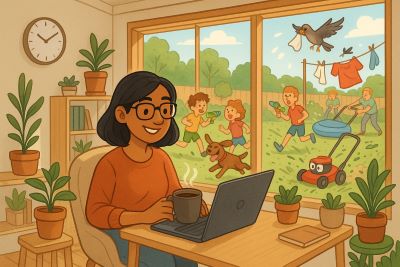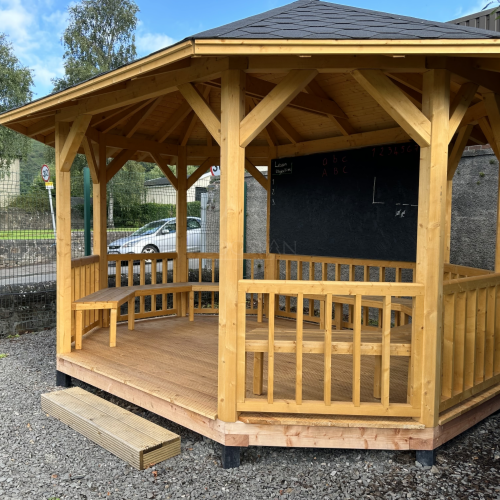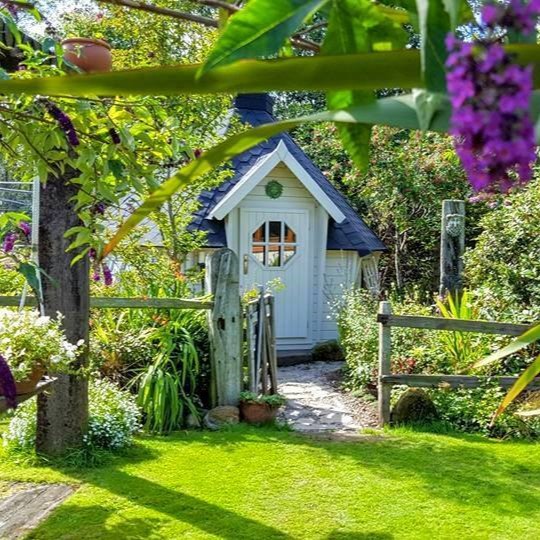Can I Live in a Log Cabin in My Parents' Garden in the UK?
The idea of living in a log cabin nestled in your parents' garden may sound like a dream come true, especially at the moment, with the cost of purchasing a home being outside most young persons' budget. With the charm of rustic living and the comfort of being close to family, it’s no wonder many people consider this option. However, before you start packing your bags and moving into that charming log cabin, there are several factors to consider. In this blog post, we’ll explore the possibility of living in a log cabin on your parents' property in the UK, including legal considerations, planning permissions, and practical aspects.
Understanding Log Cabins
Log cabins have gained immense popularity over recent years. They offer a unique appeal and can serve various purposes—from home offices to permanent residences. Constructed from Scandinavian timber, these cabins provide natural insulation and can be designed to blend seamlessly with their surroundings. However, while they may seem like an ideal solution for additional living space, there are necessary regulations to remember.
Planning Permission: The Legal Side
One of the first hurdles you will encounter when considering living in a log cabin on your parents' property is planning permission. In the UK, any structure intended for residential accommodation typically requires planning permission from your local council.
When is Planning Permission Required?
Generally speaking, if you plan to live permanently or for an extended period in a log cabin within your parents’ garden, you must apply for planning permission. Here are some key points:
- Size Matters: If the log cabin exceeds certain size limits, usually more than 4m high in Scotland (2.5m high in England) or occupies more than 50% of the garden, it will likely require planning permission.
- Use: Formal approval will also be required if the cabin is intended for residential use rather than as a shed, work or entertainment.
- Location: The positioning of the log cabin within the garden can affect whether you need permission; structures closer to boundaries may face stricter regulations.
Permitted Development Rights
In some cases, you might be able to build a log cabin under ‘permitted development rights’. This means certain conditions allow you to construct small buildings without full planning permission. However, these rights vary by location and specific circumstances.
Before proceeding with any construction plans, it’s advisable to consult with your local council or seek professional advice.
Building Regulations Compliance
After navigating through planning permissions successfully, you'll also need to ensure that your log cabin complies with building regulations. These regulations cover aspects such as:
- Structural Integrity: The building must be structurally sound.
- Fire Safety: Adequate fire safety measures must be implemented.
- Insulation: Proper insulation is required for year-round habitation.
- Electrical and Plumbing Standards: Any electrical installations or plumbing must meet safety standards.
Consulting with professionals specialising in building regulations can help ensure your log cabin meets all the requirements.
Practical Considerations
Beyond legalities and compliance issues, there are practical aspects to consider when thinking about living in a log cabin:
Utilities Access
A significant factor is how you'll access utilities such as water, electricity, and sewage disposal. If you're moving into a self-contained log cabin:
- Water Supply: You’ll need access to clean water—either through mains supply or rainwater harvesting systems.
- Electricity: Consider how electricity will be supplied; options include connecting via the main house or solar panels.
- Waste Disposal: You’ll need an appropriate waste disposal system—either connecting to existing sewage systems or installing a septic tank.
Lifestyle Adjustments
Living in a log cabin may require lifestyle adjustments compared to traditional housing:
- Space Limitations: Log cabins tend not to offer as much space as conventional homes; therefore, so careful multi-use of space is necessary.
- Seasonal Living Conditions: Winter could pose challenges regarding warmth and comfort depending on insulation quality and heating methods used within the cabin.
Conclusion
Living in a log cabin within your parents' garden can indeed be an appealing option—offering independence while allowing you to save up for a home deposit. However, it’s essential first to navigate through legal requirements such as planning permissions and building regulations while considering practical implications like utilities access and lifestyle changes.
If you're serious about making this dream come true, take time for thorough research and possibly consult professionals who can guide you through each step of this exciting journey towards rustic living! Whether it becomes a temporary retreat or long-term residence depends on carefully considering all the factors surrounding life in one of those charming log cabins!



